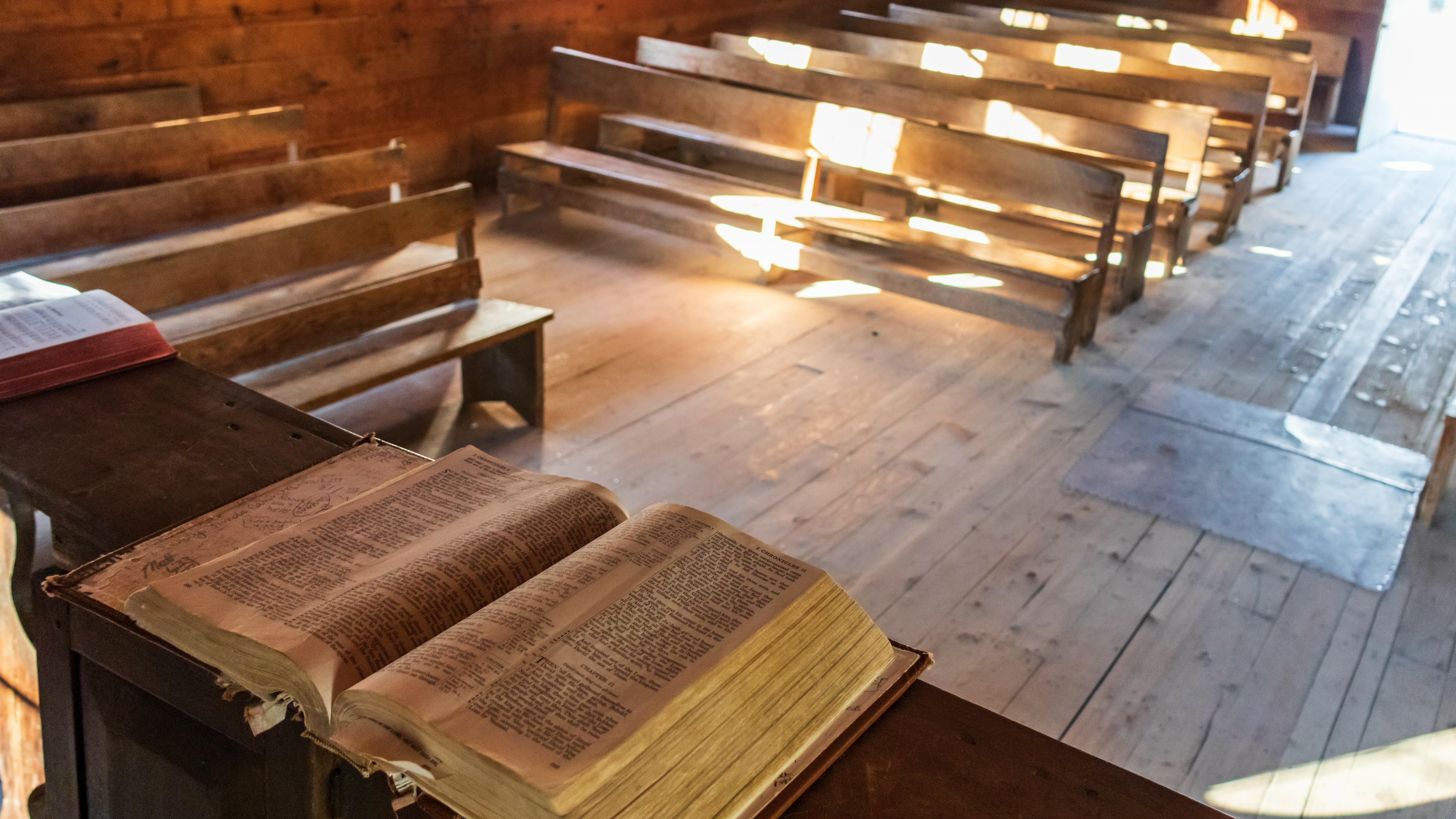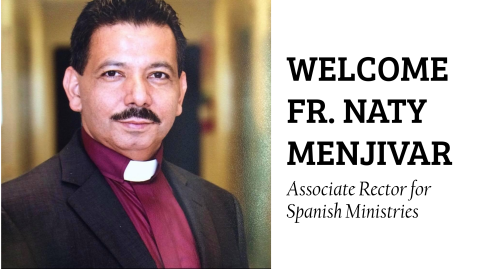TLDR: Believing the faith can never be divorced from the doing of the faith. When this happens, we lose credibility and we impoverish the proclamation of the Gospel of Christ. Read on for more.
The failures of Christianity have been well documented by many in academia: We have become too comfortable with power and privilege and show great apathy to the needs of those starving and dying of violence around the globe. We have failed to protect the most vulnerable among us, as evidenced by the sexual abuse scandals of the last twenty or so years. We have allowed ourselves to fall victims to Christian nationalism, with its violent and racist rhetoric. We have developed a purely utilitarian and consumeristic relationship with creation that many believe will lead us to a real danger of extinction. We have impoverished our Christian witness through the proclamation of a prosperity Gospel completely alien to human suffering. We have ignored the Messiah’s calls for Church unity and continue to fracture the body through intolerant and arrogant confessional statements against each other, etc.
After decades of underestimating the effects these failures would have on the Church, we are now at a crisis point. Let me give you a couple of cases to illustrate this crisis: 1. Neil Elliot, the Anglican Church of Canada’s statistical and research officer, foresees “the end of the Anglican Church of Canada in 2040.”[1] 2. The serious shortage of priestly vocations in all mainline denominations, especially in the Roman Catholic Church, is the result of the Church’s lack of credibility among young men and women. This lack of credibility is a problem across most denominations, “The anger, disappointment and frustration directed at us and others raises a more fundamental question than whether conservative or liberal Christians will prevail: will any religious group retain any credibility in the public square? Put simply: much of the world has a hard time believing that the Church preaches Christ. They suspect and even fear that Christians are just like everyone else, that we are really trying to manipulate them.”[2]
Theologians believe we need a new theology for today, one that asks the fundamental questions for which our evolving anthropology (view of humanity) and cosmology (view of the world) seek answers. I agree to a certain degree, but I wonder if our problem is truly a theological problem. I am a man surrounded by theological books: Dense biblical and systematic theologies, Liberation theologies of various ethnic groups and cultures, spiritual and pastoral treaties, liturgical manuals and commentaries, new theological works on creation care, worldwide Christianity, missiology, and epistemology. Old theologies, new theologies, new views on old theologies, old theologies translated to new audiences, etc. I truly wonder if the problem is an academic problem, rather than a praxis problem. I don’t believe the world opposes what we believe as much as they oppose the lack of nexus between what we believe and how Christians choose to lead their lives. Praxis means practice or the actual living of our lives: the choices we make about money, how we show up in various settings, the people we chose to enter into relationships with, how we behave in relation to others, our civil engagement within our communities and country, how we put into practice the demands of our faith, etc.
The loss of credibility is directly related to the fact that Christians appear indistinguishable to non-believers in major areas of our lives. We have allowed a divorce between our faith and our behavior to occur, and we are just as prone to polarization and violence as any non-believers. As Christians, we believe in love of neighbor as a central tenant of our faith, but we often act with great apathy when relating to neighbors near and far. Our faith is solid and thousands of theological books about this faith offer great tools and inspirations, but our practice is questionable. We believe that in Christ there is no longer male and female, slave or free, Jew or Greek (Galatians 3:28,) and entire libraries can be dedicated to this teaching, but in practice we act with great partiality, often becoming predisposed against those who are not members of our tribe, our social club, our church, our ethnicity, or our identity. Our faith and theology are solid, but our practice is questionable. As children of the Reformation, we believe in grace. We boldly proclaim salvation as the result of Sola Gratia (Grace Alone), Solus Christus (in Christ Alone), Sola Fide (through Faith Alone,) yet, we hold on tightly to our merit-seeking practices, trying hard to save ourselves through a piety that is often individualistic and self-serving. Our faith and theology are solid, and millions of theology books on these topics have inspired much of our prayer and liturgical life, but our practices are questionable.
Now, as I have written before, I have a more optimistic view of the future of the Church than some professional theologians. Christ will not be left without witnesses in any generation or in any country, even if those witnesses don’t bear the name “Anglican.” Perhaps the next great revival of the Church will not come through monolithic institutions, general councils, and international power-broker leaders, but through small communities who gather together to learn about Jesus of Nazareth and to lead Christ-centered lives. Perhaps the next revival will start at the pew level, in the shanty town hut, on one of the corners of FM1960, or in one of our Bible studies. Perhaps our Lord Jesus is this very day preparing homegrown leaders for this very local ministry. I believe the future of the Church is local. Small communities still convinced that Jesus of Nazareth is good news for the world, working together to build the Kingdom of God in their own local context, and leading grace-filled lifestyles that honor God and their communities. Yes, we will always need new theology, but the time has come to return to the origins of our faith and to rediscover the joy and wonder of the praxis manifested in Acts 4:32-35.
Believing the faith can never be divorced from the doing of the faith. When this happens, we loose credibility and we impoverish the proclamation of the Gospel of Christ.
May God continue to bless you,
Fr. Roman+
[1] https://jessezink.medium.com/a-smaller-stranger-church-edbf35194040
[2] https://thejesuitpost.org/2018/09/the-end-of-the-church/





